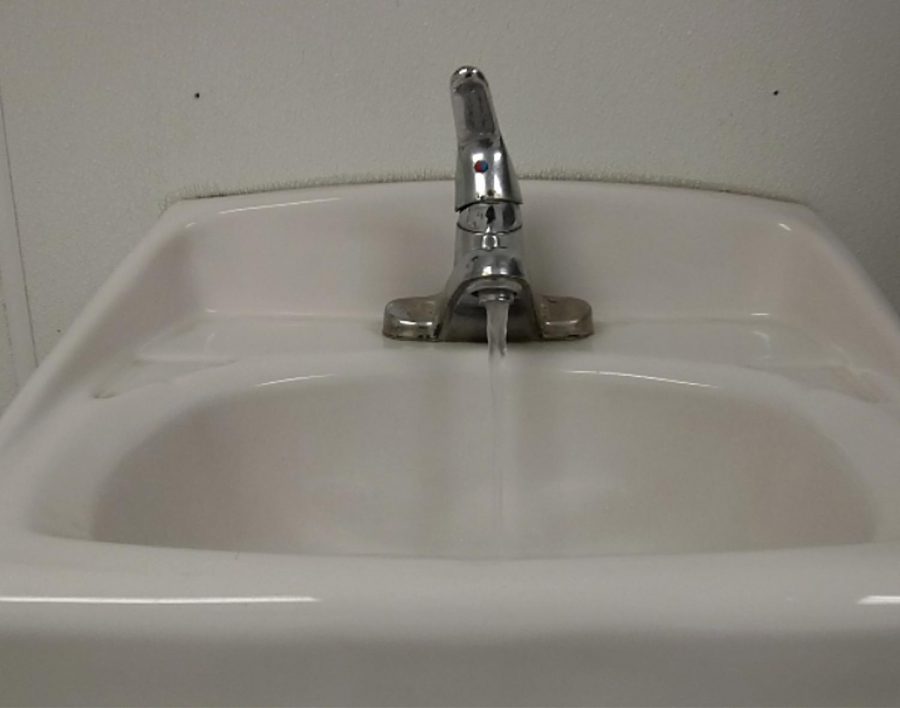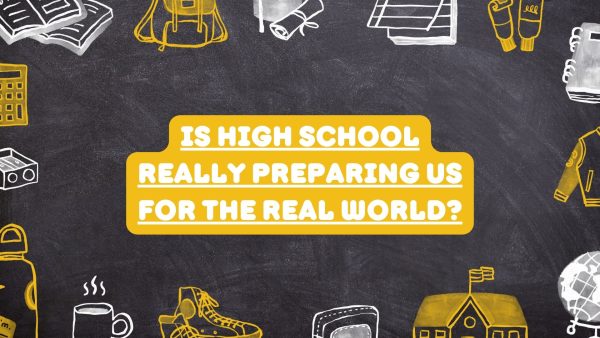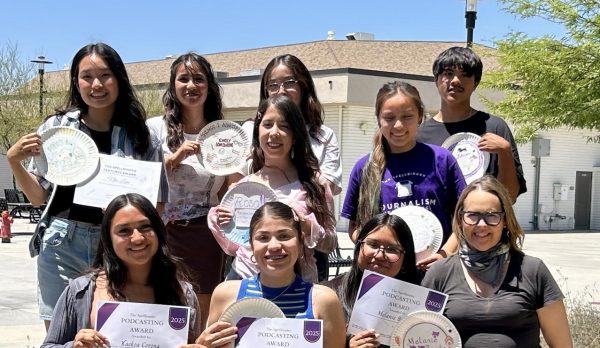You can be earth’s hero by conserving water at home
This is not staged. As I was walking into the men’s restroom, I noticed that someone left the faucet on and water was being wasted.
The average American uses too much water, and if we do not change our water-wasting habits, the earth will suffer. However, there is a solution: if we all adopt water-saving techniques, overtime, the consequences will be eradicated.
According to a report conducted by the United States Geological Survey (USGS), “the United States uses 322 billion gallons of water every day.” To meet the demands of water, people often have to resort to aquifers, underground reservoirs, or groundwater. Unfortunately, most of these methods are costly and greatly increase the risk of water contamination.
According to the Groundwater Foundation, an organization whose mission is to conserve water, the dependence on groundwater causes the groundwater table to lower and as a result, the price of pumping out water increases.
For this reason, the Groundwater Foundation explains, “Excessive pumping can lower the groundwater table and cause wells to no longer be able to reach groundwater. As the water table lowers, the water must be pumped farther to reach the surface, using more energy.”
Because people continue to use large amounts of water, there is a higher demand of water, therefore, this high demand leads to the excess pumping of groundwater. Consequently, all of this pumping uses up a lot of fossil fuels, which releases greenhouse gases.
Nonetheless, a cost-effective way to help the environment is to reduce the amount of water that you use at home. Seniors Jesus Ramirez and Luis Gonzalez have both made efforts to reduce their water usage at home to alleviate this issue.
Ramirez stated, “At home, my family owns this avocado tree and we don’t have to water it as much and we get to eat avocados afterwards.” Similarly, Gonzalez stated, “My family washes our dishes by hand, but personally, I turn off the water faucet while I brush my teeth and I try to take less time when I shower.”
Though we should be able to grow any plants we choose, we should grow plants that do not require as much water to reduce our water usage. Not only that, simple actions like turning off the faucet when not in use and short showers may seem like it would not make a difference, but if everyone did it, it will go a long way.
Ultimately, Ramirez gives students this advice: “It is not hard to start conserving water at home. Little things like turning off the faucet can go a long way. Even if you do not think you are making a difference, continue to do it because you are.”

Fun Facts:
I like stars.
I can't live without dank memes.
I like animals.





































